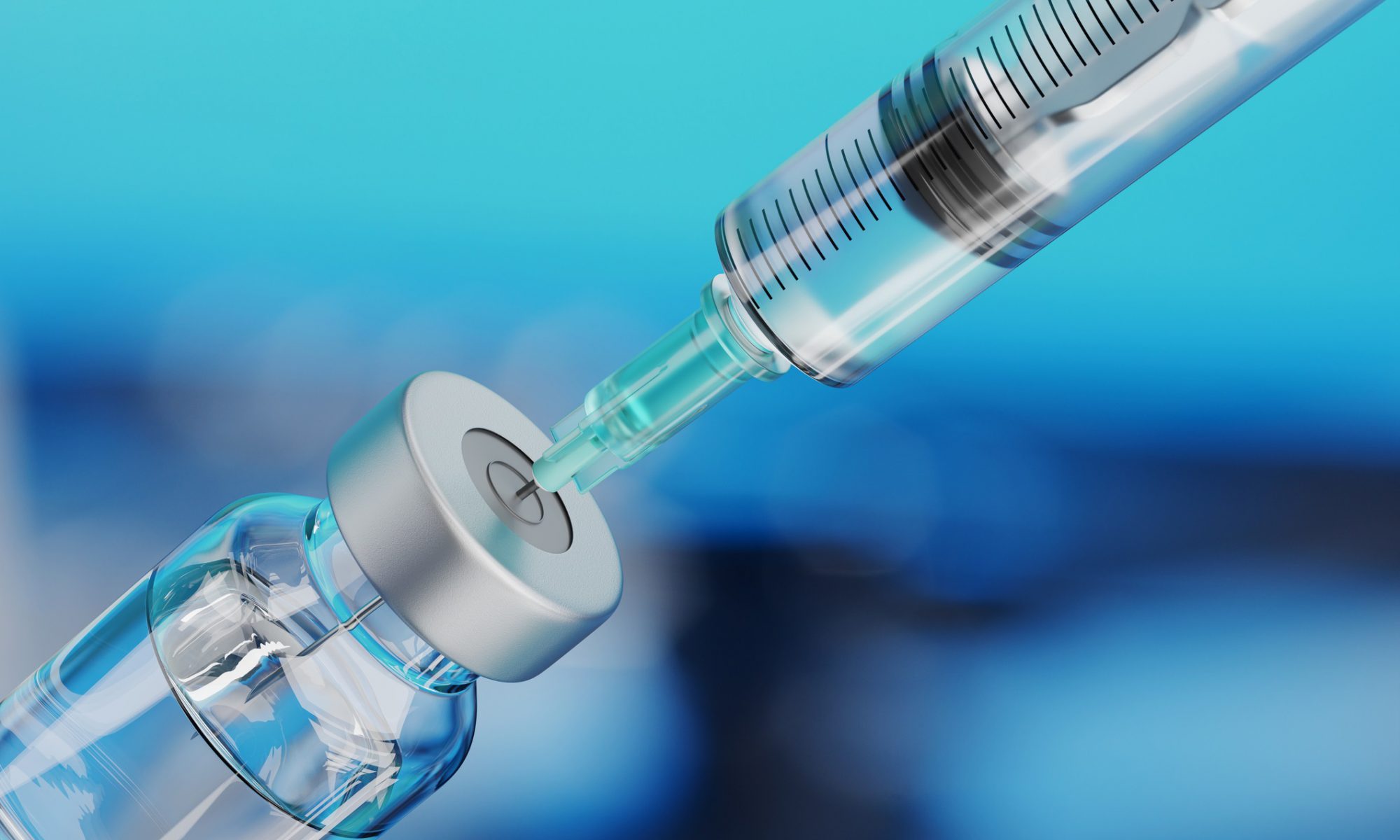Investigators have identified risk factors for COVID-19-related mortality among kidney transplant recipients, including intubation and mechanical ventilation.
Among 218 kidney transplant recipients diagnosed with COVID-19 at a single center in India from April 2020 to July 2021, 30 died. Investigators matched and compared the 30 deceased patients with 188 survivors by age, sex, blood group, living or deceased donor transplant type, transplant duration, comorbidities, immunosuppression, hospitalization vs home care, and history of graft function, infections, acute kidney injury, and related therapies. Read more in Renal & Urology News.




